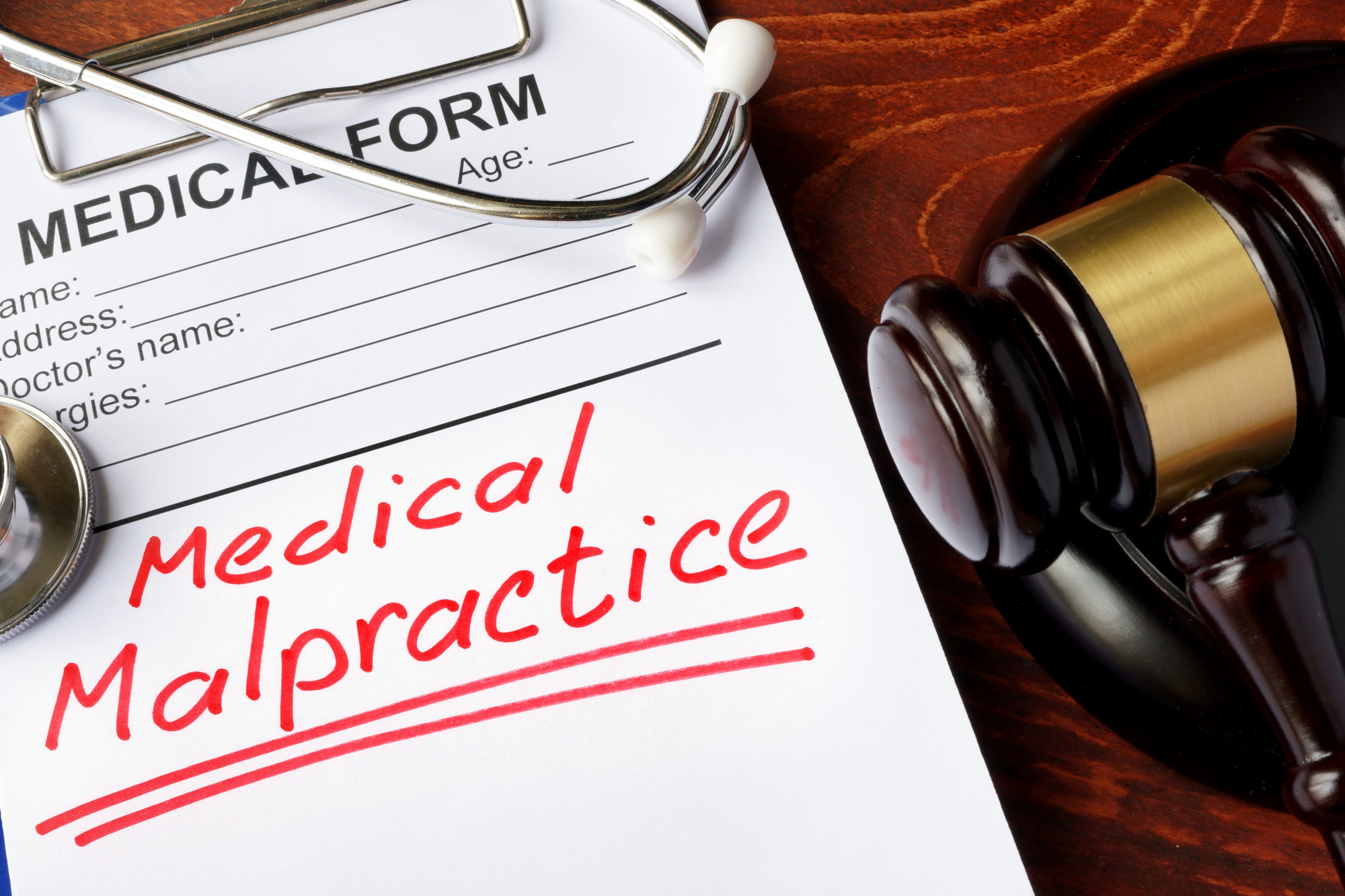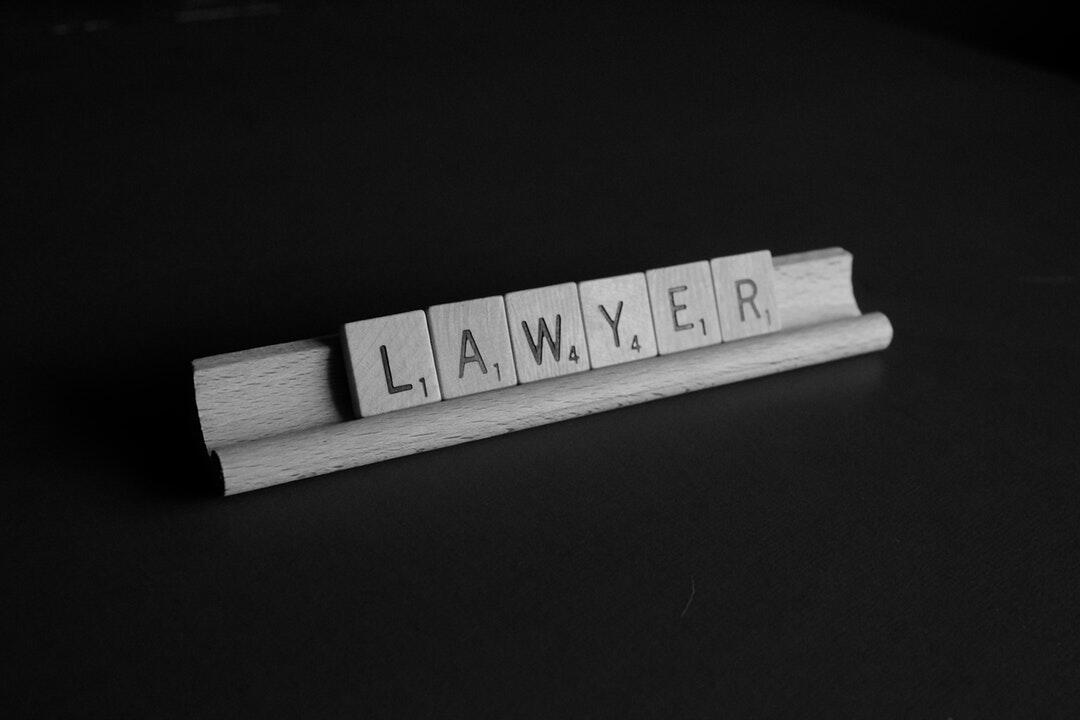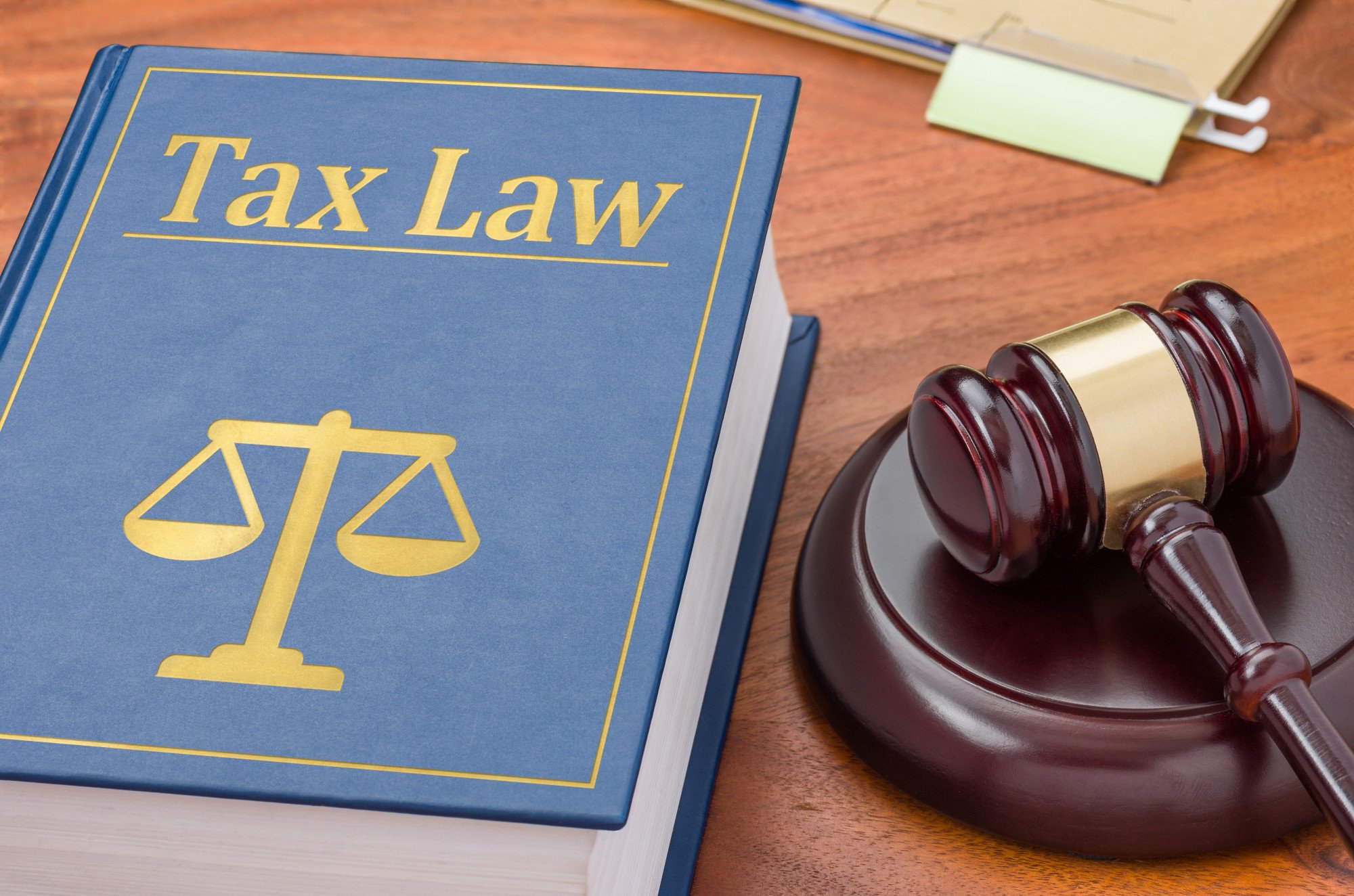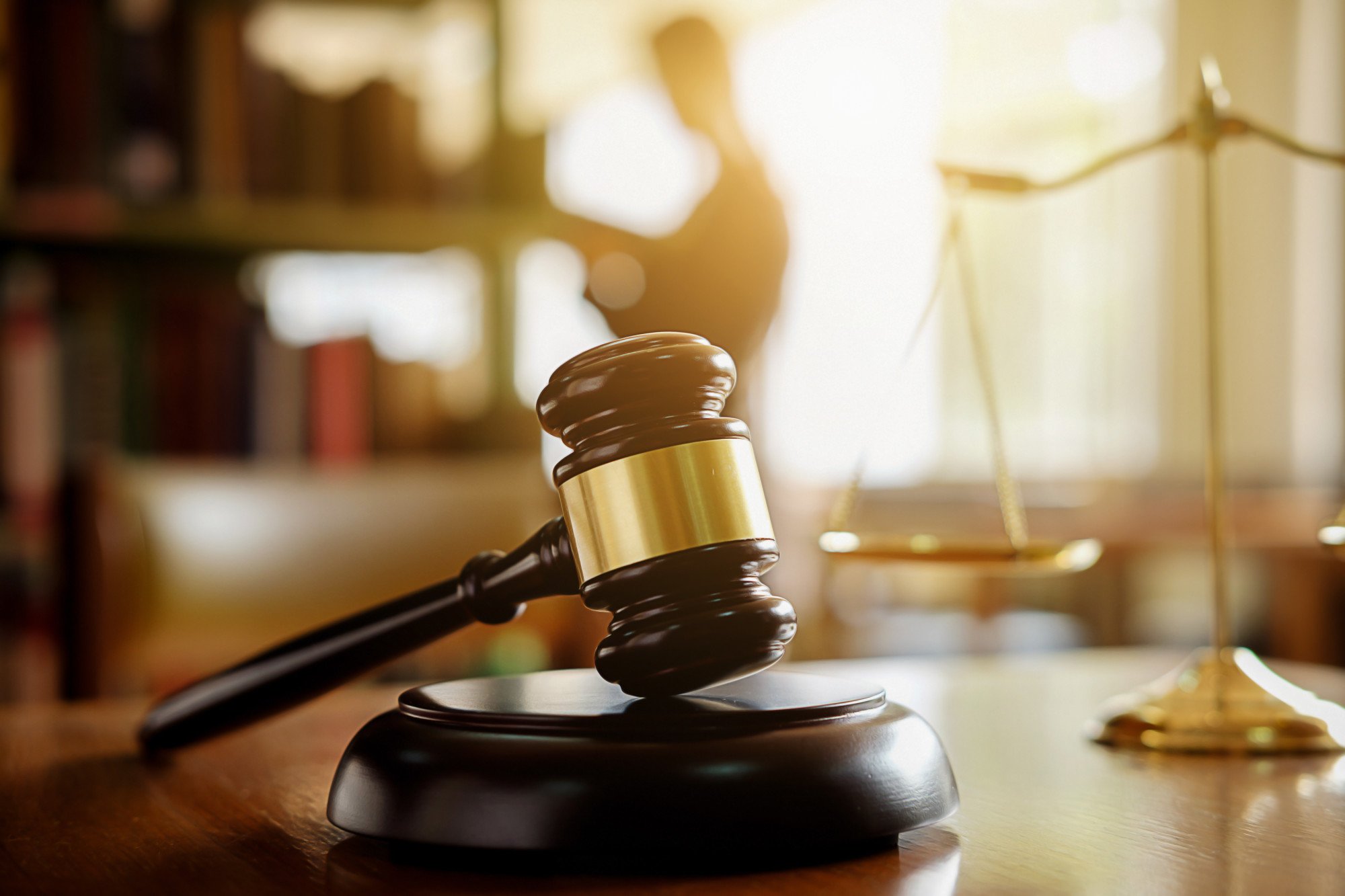It’s no secret that getting injured or living with a disability in the United States can send you into a spiral of debt. An estimated one in ten Americans is carrying some amount of medical debt, and millions owe more than $10,000 for necessary medical care.
As a result, personal injury cases are on the rise in our country. When you’ve been injured due to someone else’s negligence, you shouldn’t have to foot the bill.
Personal injury cases, however, are more complicated than listing your demands and receiving compensation. Negotiations come into play.
How do lawyers negotiate settlements? What can you expect from your personal injury case? Read on to find out.
What Evidence Do Lawyers Provide in a Personal Injury Case?
Before you can enter the negotiation phase of a personal injury case, you will need to participate in the discovery phase. Discovery is the process of collecting and presenting evidence so that both you and the defense can consider the factual basis of the claim.
To the victim of an accident caused by someone else’s negligence, the evidence may seem cut and dry. However, the defense team (typically a group of attorneys representing an insurance company) is invested in throwing doubt on your claim. You should always work with an attorney, and you can take a look at these experienced personal injury lawyer benefits to learn more.
Now, let’s take a closer look at the types of evidence your lawyer will provide to build your case.
Evidence of Negligence
First, you will need evidence of the accident and the defendant’s negligent behavior. This can include things like documentation of the accident, a police or injury report, witness statements, and more. The goal is to prove that the accident was preventable had the defendant met the reasonable duty of care.
Evidence of Injuries
Next, you will need to provide evidence that this accident led to the injuries you are now living with or recovering from. This includes medical records and expert testimony from medical professionals. The goal is to prove that had the accident not occurred, you would not be in the physical, mental, and/or emotional state you are currently in.
Evidence of Financial Strain
Finally, you will need to prove that these injuries have created undue financial strain. This often includes medical bills establishing medical debt, paystubs establishing lost income, and other forms of financial loss. Personal injury cases are about recovering money, and you will not have a solid case if you can’t prove that you are experiencing financial strain.
How Do Lawyers Establish Damages Owed to Their Clients?
Damages refer to the amount of money you and your lawyer are demanding from the defense. Damages can cover:
- medical bills
- lost income
- future medical bills
- property damage
While these figures are relatively easy to calculate, your lawyer may also consider subjective damages. This can include things like mental or emotional distress caused by the accident and subsequent injuries. An experienced lawyer will consider things like precedence and legal standards when calculating subjective damages.
In addition, an experienced lawyer will also typically increase your damages by at least 25%. This is meant to account for the negotiation process, during which the defense team will try to lower your settlement as much as possible.
How Do Lawyers Negotiate Settlements?
After the discovery process, it’s time to enter into negotiations. It is important to maintain realistic expectations and remember that most plaintiffs will not receive a settlement that meets their original demands in full.
An experienced personal injury lawyer will do their best to get you a fair settlement. Let’s take a look at how this process works and what they’ll do for you.
Protecting Clients’ Best Interests
Remember, the defense team usually represents the insurance company that is on the hook for your damages. Their only goal is to prove that the insurance company doesn’t owe you the money you claim that they owe you. During both the discovery phase and negotiations, your lawyer will act as a middleman between you and the defense team, ensuring that you don’t hand over any information that could weaken your case and lower your settlement.
Spotting Improper Settlement Tactics
The defense team will likely have a few tricks up their sleeves, many of which are neither legal nor ethical. For example, they may try to build the case that the insurance company doesn’t cover your injuries or that you should have filed a claim with a different insurance company. Your lawyer will spot these tactics thanks to their legal expertise and prevent them from impacting your settlement.
Advising Clients on When to Accept a Settlement
Without an experienced lawyer, you may fall for the temptation of accepting the earliest offer. After all, you have debt to pay off and recovery to focus on, and the defense knows that you don’t want to drag out your case. With the help of a lawyer, you can avoid accepting a low settlement and recognize when you’ve been given the best offer you’re going to get.
Don’t Tackle Legal Negotiations Without Representation
If you’re wondering, “How do lawyers negotiate settlements?” the best thing to do is contact one. Filing a personal injury case without legal representation is allowable, but not advisable. From the moment you are compiling your personal injury claim, you will want to have an experienced lawyer by your side who can help you fight for the best possible outcome.
Looking for more information about legal negotiations and claims? Take a look around as we talk about the basics and the inner workings of the courtroom.







